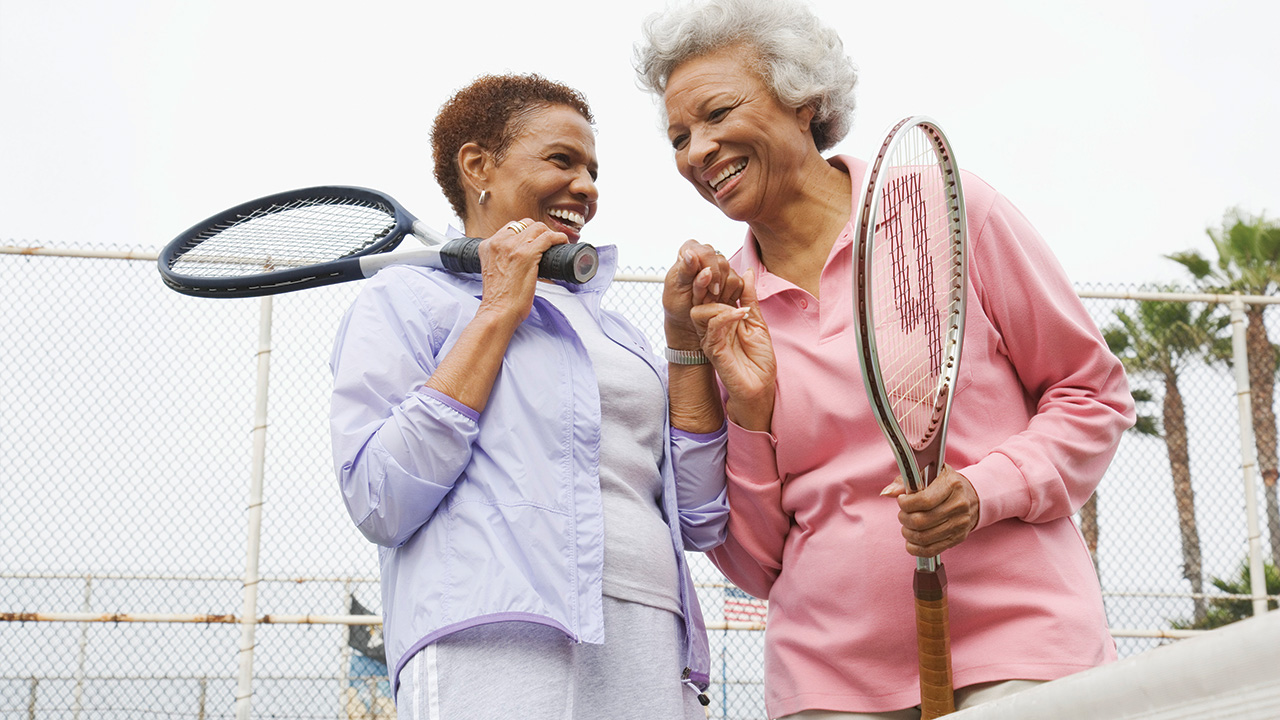Many people who are taking care of aging or elderly parents have questions about the effects of time and age on the heart. Is heart disease inevitable? Why is the heart more vulnerable when exposed to what used to be everyday occurrences? Does age eventually cause the elder's heart to just "give out?"
To begin, we must remember that the heart is a muscle, and like all muscles, undergoes change with age. Not all changes in the older heart are certain, but certain changes are inevitable, even in the absence of disease:
- Heart walls thicken
- Heart rate slows, and the "timer" can be irregular with pauses
- Maximum heart rate declines
- The heart does not pump as efficiently
- The heart as a muscle loses strength
These factors mean the pumping power of the heart declines, as does the maximum heart rate (the most times the heart can contract in a minute). When this rate declines, systolic blood pressure rises as the heart works harder to give the body the oxygenated blood it craves.
As the years go by and the heart experiences a significant loss of pump function due to the changes of the heart with age, congestive heart failure can occur.
How Aging Affects the Heart
There is some truth to the perception that an aging heart may be slightly less capable to tolerate increased heart workloads, such as:
Illness: makes it important for your elderly parent to get flu and pneumonia vaccines. Another risk factor, as a result of serious illness, may be surgical procedures. Dr. John Crawford, a general practitioner physician in Charlotte, NC, says that surgery can be particularly hard on an aging heart.
Infection: can result from a number of causes, from post-surgery trauma to a wound that won't heal due to diabetes. Infection of the heart could result from valve malfunction and other heart timing issues or a viral or bacterial attack.
Emotional Stress: irregular heartbeat, increased pumping action, increased resting heat rate, and other issues all contribute to the heart's decreased ability to handle sudden or traumatic stress, and can cause pain (angina) or fainting in the older person.
Injuries: broken bones, cuts, bruises, etc. can lead to surgery and slow healing, which may put an aging heart on overload.
Physical Exertion: during strenuous exercise, the older heart cannot squeeze down to the small size achieved by the younger heart at the end of the heartbeat. This may cause shortness of breath and angina. When angina occurs, according to Crawford, it is a sign that an area of the heart muscle is screaming for more blood supply. That blood supply could be blocked due to lifestyle choices we'll discuss later in this article.
Certain Medications: The management of prescription drugs is complicated by the fact that your aging parent may be receiving prescriptions from their family doctor, a cardiologist, an orthopedist or any variety of physicians who are treating any variety of ailments at one time. Some medications prescribed for heart disease and high blood pressure may cause fatigue, headache, low libido and other side effects.
Major Risk Factors for Heart Disease in the Elderly
Of the five major risk factors for heart disease as parent age, family history is the only one that cannot be controlled. An at-risk family history means that one's mother or father has suffered a heart attack before age 55.
However, by paying special attention to the other four factors that can be controlled, risk can be minimized even when family history factors in. Other risk factors for heart disease and heart attack are:
- Smoking
- High cholesterol caused by poor diet
- Type II diabetes onset
- High blood pressure
- Weight gain and obesity
Exercise for the Aging Heart
Arteriosclerosis is the underlying cause of most cardiovascular diseases. It causes the heart to work harder to push blood through the narrowed vessels. High blood pressure then develops because of the greater pumping force.
Regular exercise, began at any age, under the guidance of a physician, can reduce age-related stiffening of the arteries. Aerobic exercise (exercise that improves the body's use of oxygen) can improve the performance of the heart and arteries.
Exercise for an 80-year-old parent may mean a lap around the mall with their caregiver (and people-watching as their caregiver attends to their own well-being with another couple laps). For a 90-year-old, it may mean a daily trip down the driveway to the mailbox.
Even in the absence of weight loss, exercise may help lower blood pressure and the risk of diabetes, improving overall health of the individual and the heart.
In our everyday world, where high fat, high sodium, processed and convenience food is readily available and often preferred, and prescription drugs are marketing to the general public, perhaps not enough emphasizes is given to trying to improve lifestyle. Work to take steps to manage the risk of heart disease. Regular check-ups are necessary. Commit to lifestyle changes suggested by the healthcare provider.
These types of proactive steps can help prevent heart disease as the heart ages.
However, age does things over time that not even lifestyle changes and improvement can correct or effect. Through intentional changes, we do modify what the natural course will be. There's no getting around the fact that lifestyle decisions – exercise, diet, smoking – will either compound – or complement – the aging process.
